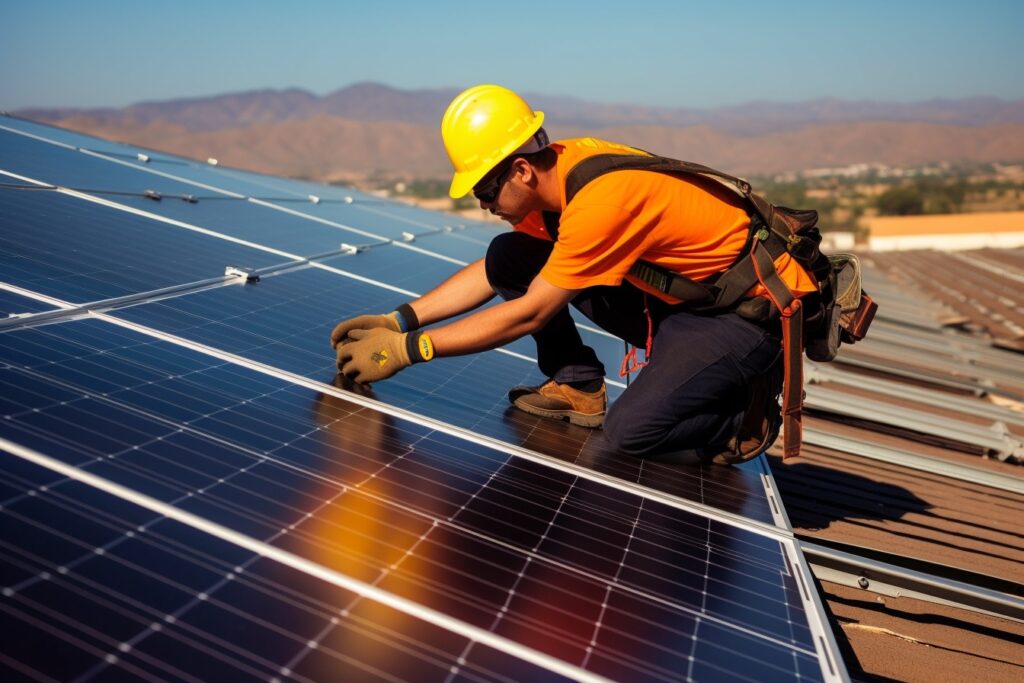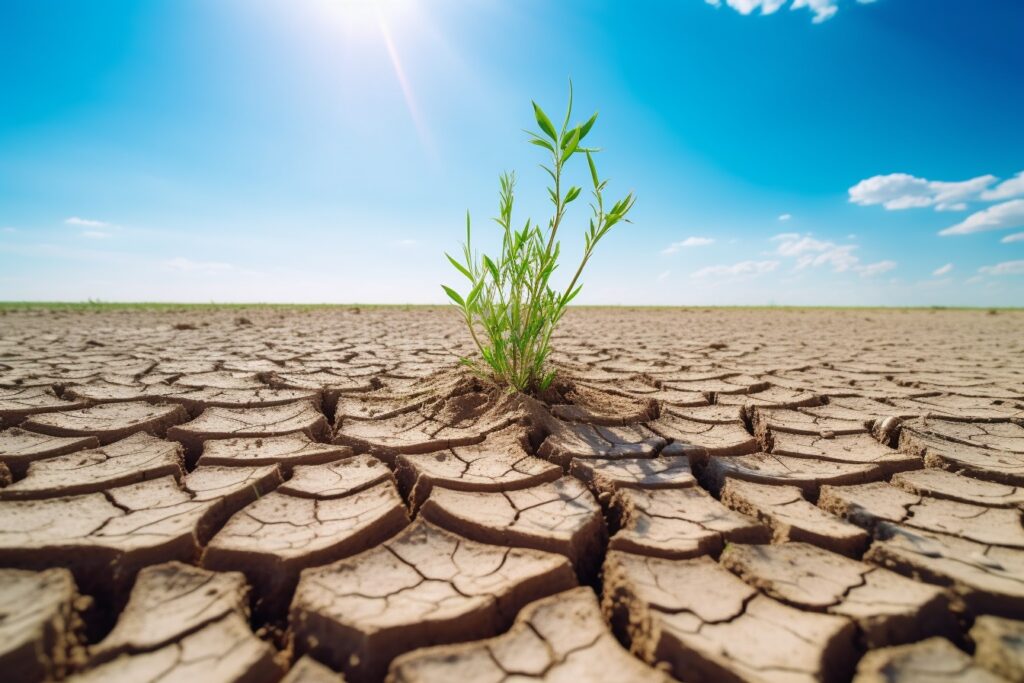In today’s rapidly changing world, the impact of global warming has become a pressing concern for individuals, communities, and governments alike. The need for effective solutions to combat this environmental crisis has never been more urgent. Technological advancements have the potential to play a crucial role in addressing the challenges posed by global warming. In this article, we will explore the tech weapons we need to combat global warming and pave the way towards a sustainable future.
1. Renewable Energy Technologies: Powering the Future
One of the most promising avenues for mitigating global warming is the widespread adoption of renewable energy technologies. Solar power, wind energy, hydropower, and geothermal energy are among the key players in the transition to a low-carbon economy. These sources offer cleaner alternatives to fossil fuels and have the potential to significantly reduce greenhouse gas emissions. Investing in research and development of renewable energy technologies is paramount to achieving a sustainable and climate-resilient future.

2. Energy-Efficient Infrastructure: Building Smarter
Another crucial aspect of combating global warming lies in the development of energy-efficient infrastructure. From buildings to transportation systems, incorporating sustainable design principles can lead to substantial energy savings. Utilizing smart technologies and automation can optimize energy consumption, reduce waste, and lower carbon footprints. By implementing energy-efficient solutions, we can make significant strides in reducing greenhouse gas emissions and curbing the effects of global warming.

3. Green Transportation: Driving Change
Transportation is a significant contributor to greenhouse gas emissions, making it imperative to embrace greener alternatives. Electric vehicles (EVs) are rapidly gaining popularity as a cleaner mode of transportation. The advancements in battery technology have improved their range and charging infrastructure, making EVs a viable option for reducing carbon emissions. Furthermore, investing in public transportation systems, such as high-speed trains and electric buses, can provide sustainable mobility options and decrease reliance on fossil fuels.

4. Climate-Smart Agriculture: Feeding the Future
Agriculture is not only essential for sustenance but also plays a critical role in climate change. Climate-smart agricultural practices promote sustainable farming techniques, such as precision agriculture, organic farming, and agroforestry. These methods help reduce greenhouse gas emissions, enhance soil health, conserve water, and protect biodiversity. Embracing climate-smart agriculture is vital to ensure food security while mitigating the environmental impact of traditional farming practices.

5. Carbon Capture and Storage: Tackling Emissions
While transitioning to renewable energy sources is crucial, addressing existing carbon emissions is equally important. Carbon capture and storage (CCS) technologies offer a solution by capturing carbon dioxide emissions from power plants and industrial facilities, preventing them from entering the atmosphere. The captured carbon is then stored underground or repurposed for various industrial applications. Developing and implementing CCS technologies on a larger scale can significantly contribute to the reduction of greenhouse gas emissions.

6. Data Analytics and AI: Enhancing Decision-Making
Harnessing the power of data analytics and artificial intelligence (AI) can revolutionize the fight against global warming. These technologies can help us gain valuable insights into climate patterns, optimize resource allocation, and predict the impact of policy decisions. From climate modeling to optimizing energy grids, AI-driven solutions have the potential to enable more effective and efficient strategies in combating global warming.

7. Circular Economy: Minimizing Waste
Transitioning from a linear economy to a circular economy is crucial for reducing waste generation and minimizing the depletion of natural resources. By rethinking product design, implementing recycling and repurposing initiatives, and promoting sustainable consumption patterns, we can significantly reduce the environmental impact of human activities. Embracing the circular economy concept is essential in our collective efforts to combat global warming and create a more sustainable future

These are the tech weapons we need to combat global warming and pave the way towards a sustainable future.



















